Oh I do know they had such thinkers.
Oh I do know they had such thinkers. But nobody listened to them. The emperors made sure of that.😅
The books I would cite as sources for this are China's Culture by Shi Zhongwen and Bully of Asia by Stephen W. Mosher, if my book collection had not been buried under rubble by artillery barrages from China's Russian vassals. However, since my copies of those are not on hand I can't cite page numbers or quotations, so a simple summary will have to suffice.
Among the schools of thought you mentioned, there were two that were written larger upon China's history than the others: Confucianism, and Legalism. Essentially, the emperors liked the tenets of Legalism because it held that there was no higher authority than the State (and the Emperor WAS the State). So what they did was created a system of nominally Confucian values (Confucian on paper at least) that were essentially "the steel fist of legalism clothed in the silk glove of Confucianism." Hence, Confucian philosophy, skewed in favor of slavish devotion to authority and an absence of individualism, became the official school of thought of almost every dynasty.
Of course there were exceptions, but both the Chinese and foreigners acknowledged this "society over the individual" trend in China's history.
In brief, China is what America would be in a parallel timeline where Hamilton's speeches were used to justify the construction of a government identical to the British Empire we broke away from.
However, I will say that your East/West comparisons are always insightful, and this post is a fine example. You have a gift for looking at things from a different angle than most Westerners (or most East Asians, for that matter).
I was thinking after reading @patriamreminisci's answer.
Although I emotionally agree generally with his arguments, I lacked the ability to present my thoughts and feelings in English sentences!😅
The reason is that my current perspective on Chinese history is largely similar to his perspective, but my English writing level is an American elementary school student.
So, I thought I couldn't give him an answer until my English writing skills improved further!😅
To be honest, his English was harder to understand than @valued-customer's English from my point of view!
@valued-customer certainly seems to use English sentences that are easy to understand even for East Asians like me.😄
Perhaps because he is a genius, I guessed he could write sentences that could communicate the common reason and emotion of mankind.😲
From my point of view, @valued-customer seemed to have the best understanding of East Asians among the westerners I met at Hive.

So, in the sense of paying my respects to the genius @valued-customer, I would like to talk about the religions and ideas that are the most fundamental of individuals and civilizations in East Asia.
1. Lao Tzu, founder of China's first national religion!
In many ways, Jefferson and Hamilton represent the great tension at the heart of the American experiment in self governance, and the battle between the two political forces which these individuals represent is the central conflict which has dominated American politics since even before the Declaration of Independence, Constitution and Bill of Rights were drafted. Thomas Jefferson, together with John Adams, James Madison and Thomas Paine were the leaders of the populist block during the time of the American Enlightenment and the creation of the United States. In contrast, Alexander Hamilton was closely allied with the Rothschild banking and finance family. For example, with Rothschild financing Alexander Hamilton founded two New York banks, including the Bank of New York. The Rothschild family owns the Bank of England and leads the European Freemason movement. All US Masonic lodges are to this day warranted by the British Crown, whom they serve as a global intelligence and counterrevolutionary subversion network. Hamilton was one of many Founding Fathers who were Freemasons. George Washington, Benjamin Franklin, John Jay, Ethan Allen, Samuel Adams, Patrick Henry, John Brown and Roger Sherman were also Masons. Roger Livingston helped Sherman and Franklin write the Declaration of Independence. He gave George Washington his oaths of office while he was Grand Master of the New York Grand Lodge of Freemasons. Washington himself was Grand Master of the Virginia Lodge. Of the General Officers in the Revolutionary Army, thirty-three were Masons. The First Continental Congress convened in Philadelphia in 1774 under the Presidency of Peyton Randolph, who succeeded Washington as Grand Master of the Virginia Lodge. The Second Continental Congress convened in 1775 under the Presidency of Freemason John Hancock. In 1779 Benjamin Franklin became Grand Master of the French Neuf Soeurs (Nine Sisters) Masonic Lodge, to which John Paul Jones and Voltaire belonged. Franklin was also a member of the more secretive Royal Lodge of Commanders of the Temple West of Carcasonne, whose members included Frederick Prince of Whales.
During creation of the nation, populist Thomas Jefferson argued that the United States needed a publicly-owned central bank so that European monarchs and aristocrats could not use the printing of money to control the affairs of the new nation. However, larger forces were set in motion which favored a privately owned central bank for the new nation. In 1789 Alexander Hamilton became the first Treasury Secretary of the United States (under President George Washington). Thomas Jefferson was appointed Secretary of State. William Randolph became the nation’s first Attorney General and Secretary of State under George Washington, but his family returned to England loyal to the Crown. John Marshall, the nation’s first Supreme Court Justice, was also a Mason. The Rothschilds sponsored Hamilton’s arguments for a private US central bank, and in the end carried the day. In 1791 the Bank of the United States (BUS) was founded, with the Rothschilds as main owners.
Reading @valued-customer's English sentences, I thought that Thomas Jefferson and Alexander Hamilton were the first to create the political and economic ideas that created and dominated America!
As I read his sentences, I thought that among the thinkers of ancient China, there were two figures to whom Thomas Jefferson and Alexander Hamilton could be compared.
I concluded that Thomas Jefferson created political and economic ideas for American civiliens, while Alexander Hamilton created political and economic ideas for America's ruling classes.
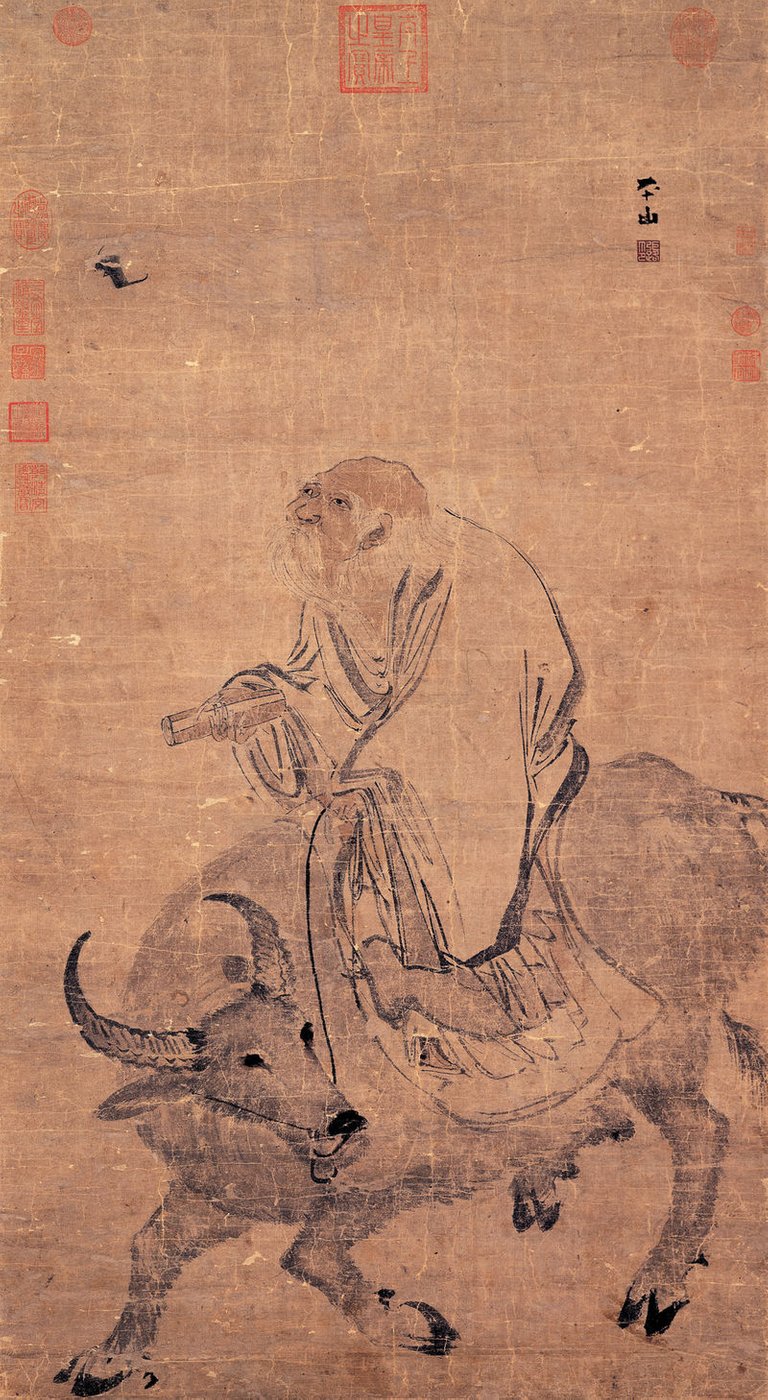 Laozi by Zhang Lu; Ming dynasty (1368–1644)
Laozi by Zhang Lu; Ming dynasty (1368–1644)
Laozi (Chinese: 老子, Mandarin: [làu.tsɹ̩]; commonly translated as "Old Master") also rendered as Lao Tzu (/ˈlaʊ ˈtsuː, -ˈdzʌ/),[2][3] and Lao-Tze (/ˈlaʊ ˈdzeɪ/),[4] was an ancient Chinese philosopher and writer.[5] He is the reputed author of the Tao Te Ching,[6] the founder of philosophical Taoism, and a deity in religious Taoism and traditional Chinese religions.
A semi-legendary figure, Laozi is usually portrayed as a 6th-century BCE contemporary of Confucius in the Spring and Autumn period. Some modern historians consider him to have lived during the Warring States period of the 4th century BCE.[7] A central figure in Chinese culture, Laozi is claimed by both the emperors of the Tang dynasty and modern people of the Li surname as a founder of their lineage. Laozi's work has been embraced by various anti-authoritarian movements,[8] and has had a profound impact on subsequent Chinese philosophers, who have both commended and criticized his work extensively.
I thought Laozi (Chinese: 老子, Mandarin: [làu.tsɹ̩]; commonly translated as "Old Master"), had an equal position with Thomas Jefferson!
The idea of Laozi (Chinese: 老子, Mandarin: [làu.tsɹ̩]; commonly translated as "Old Master") has developed into the most popular religion because it was easiest to understand for most illiterate Chinese.
It is known to this day because people who claim to be his successors have written his thoughts in The Tao Te Ching (UK: /ˌtaʊ tiː ˈtʃɪŋ/,[1] US: /ˌdaʊ dɛ ˈdʒɪŋ/;[2] simplified Chinese: 道德经; traditional Chinese: 道德經; pinyin: Dàodé Jīng [tâʊ tɤ̌ tɕíŋ] (listen))[note 1] .
.
 Tao, a Chinese word signifying way, path, route, road or, sometimes more loosely, doctrine.
Tao, a Chinese word signifying way, path, route, road or, sometimes more loosely, doctrine.
Taoism (/ˈtaʊɪzəm/, /ˈdaʊɪzəm/) or Daoism (/ˈdaʊɪzəm/) refers to either a school of philosophical thought (道家; daojia) or to a religion (道教; daojiao); both share ideas and concepts of Chinese origin and emphasize living in harmony with the Tao (Chinese: 道; pinyin: Dào; lit. 'Way', 'Thoroughfare' or Dao). The Tao Te Ching, a book containing teachings attributed to Laozi (老子), together with the later writings of Zhuangzi, are both widely considered the keystone works of Taoism.
In Taoism, the Tao is the source of everything and the ultimate principle underlying reality.[2][3] Taoism teaches about the various disciplines for achieving perfection through self-cultivation. This can be done through the use of Taoist techniques and by becoming one with the unplanned rhythms of the all, called "the way" or "Tao".[2][4] Taoist ethics vary depending on the particular school, but in general tend to emphasize wu wei (action without intention), naturalness, simplicity, spontaneity and the Three Treasures: 慈, compassion, 儉, frugality and 不敢爲天下先, humility.
The roots of Taoism go back at least to the 4th century BCE. Early Taoism drew its cosmological notions from the School of Yinyang (Naturalists) and was deeply influenced by one of the oldest texts of Chinese culture, the I Ching, which expounds a philosophical system about how to keep human behavior in accordance with the alternating cycles of nature. The Legalist Shen Buhai (c. 400 – c. 337 BCE) may also have been a major influence, expounding a realpolitik of wu wei, or qualified inaction.[5]
Taoism has had a profound influence on Chinese culture in the course of the centuries and Taoists (道士; dàoshi, "masters of the Tao"), a title traditionally attributed only to the clergy and not to their lay followers, usually take care to note the distinction between their ritual tradition and the practices of Chinese folk religion and non-Taoist vernacular ritual orders, which are often mistakenly identified as pertaining to Taoism. Chinese alchemy (especially neidan), Chinese astrology, Chan (Zen) Buddhism, several martial arts including kung fu, traditional Chinese medicine, feng shui and many styles of qigong have been intertwined with Taoism throughout history.
Today, the Taoist religion is one of the five religious doctrines officially recognized by the People's Republic of China (PRC), including in its special administrative regions (SARs) of Hong Kong and Macau.[6] It is also a major religion in Taiwan[7] and has a significant number of adherents in a number of other societies throughout East and Southeast Asia, particularly in Malaysia, Singapore and Vietnam.
Taoism 道 (/ˈtaʊɪzəm/, /ˈdaʊɪzəm/) or Daoism (/ˈdaʊɪzəm/) became the biggest religious and ideological basis for determining the Chinese people's view of the universe, world, reality, and the afterlife.
The word Taoism is used to translate different Chinese terms which refer to two semantically distinct fields:[9]
Taoist religion (道敎; Dàojiào; lit. "teachings of the Tao"), or the "liturgical" aspect[10] – A family of organized religious movements sharing concepts or terminology from "Taoist philosophy";[11] the first of these is recognized as the Celestial Masters school.
Taoist philosophy (道家; Dàojiā; lit. "school or family of the Tao") or
"Taology" (道學; dàoxué; lit. "study of the Tao"), or the mystical aspect[10] – The philosophical doctrines based on the texts of the I Ching, the Tao Te Ching (道德經; dàodéjīng) and the Zhuangzi (莊子; zhuāngzi). The earliest recorded uses of the term Tao to refer to a philosophy or a school of thought are found in the works of classical historians during Han Dynasty.[12][13] These works include The Commentary of Zhuo (左传; zuǒ zhuàn) by Zuo Qiuming (左丘明) and in the Records of the Grand Historian (史記; Shǐjì) by Sima Tan. This usage of the term to narrowly denote a school of thought precedes the emergence of the Celestial Masters and associated later religions. It is unlikely that Zhuangzi was familiar with the text of the Tao Te Ching,[14][15] and Zhuangzi himself may have died before the term was in use.[15]
From a Westerner's point of view, the distinction between Taoism 道 (/ˈtaʊɪzəm/, /ˈdaʊɪzəm/) or Daoism (/ˈdaʊɪzəm/) would be ambiguous as a religion or a philosophy.
From my point of view, the reason is probably because the Chinese, including Lao Tzu, have a materialistic polytheistic tendencies.
In ancient China, the use of the term Taoist to narrowly describe a school of thought, rather than a set of religious teachings, has been recorded as early as 100 BCE[16][17] and such usage precedes the emergence of the earliest Taoist religious sects such as the Celestial Masters by at least 300 years.
The distinction between Taoist philosophy (道家) and religion (道教) has been maintained by modern pioneers of Chinese philosophy Feng Youlan (馮友蘭; 1895-1990) and Wing-tsit Chan (陳榮捷; 1901–1994). The distinction as advocated by outstanding philosophers such as Feng and Chan, however, is rejected by the majority of Western and Japanese scholars.[18] It is contested by hermeneutic (interpretive) difficulties in the categorization of the different Taoist schools, sects and movements.[19]
Taoism does not fall under an umbrella or a definition of a single organized religion like the Abrahamic traditions; nor can it be studied as a mere variant of Chinese folk religion, as although the two share some similar concepts, much of Chinese folk religion is separate from the tenets and core teachings of Taoism.[20] The sinologists Isabelle Robinet and Livia Kohn agree that "Taoism has never been a unified religion, and has constantly consisted of a combination of teachings based on a variety of original revelations."[21]
The philosopher Chung-ying Cheng views Taoism as a religion that has been embedded into Chinese history and tradition. "Whether Confucianism, Taoism, or later Chinese Buddhism, they all fall into this pattern of thinking and organizing and in this sense remain religious, even though individually and intellectually they also assume forms of philosophy and practical wisdom."[22] Chung-ying Cheng also noted that the Taoist view of heaven flows mainly from "observation and meditation, [though] the teaching of the way (Tao) can also include the way of heaven independently of human nature".[22] In Chinese history, the three religions of Buddhism, Taoism and Confucianism stand on their own independent views, and yet are "involved in a process of attempting to find harmonization and convergence among themselves, so that we can speak of a 'unity of three religious teachings' (三敎合一; Sānjiào Héyī).[22]
From the very beginning, Taoism was able to become the first national religion of the Chinese people because it symbolized the belief and philosophy that China was the foundation and center of the universe and the world.
So, to understand the Chinese people and their history, we must first look at the History of Taoism .
Taoism absorbed elements of Buddhism, animism, shamanism, Islam, and Christianity according to the passage of time, and as a result, it composed various appearances and colors.
However, still the most fundamental belief of Taoism is that China is the foundation and center of the universe and the world.
China's overlords made Taoism a tool to promote their divine authority and legitimacy.
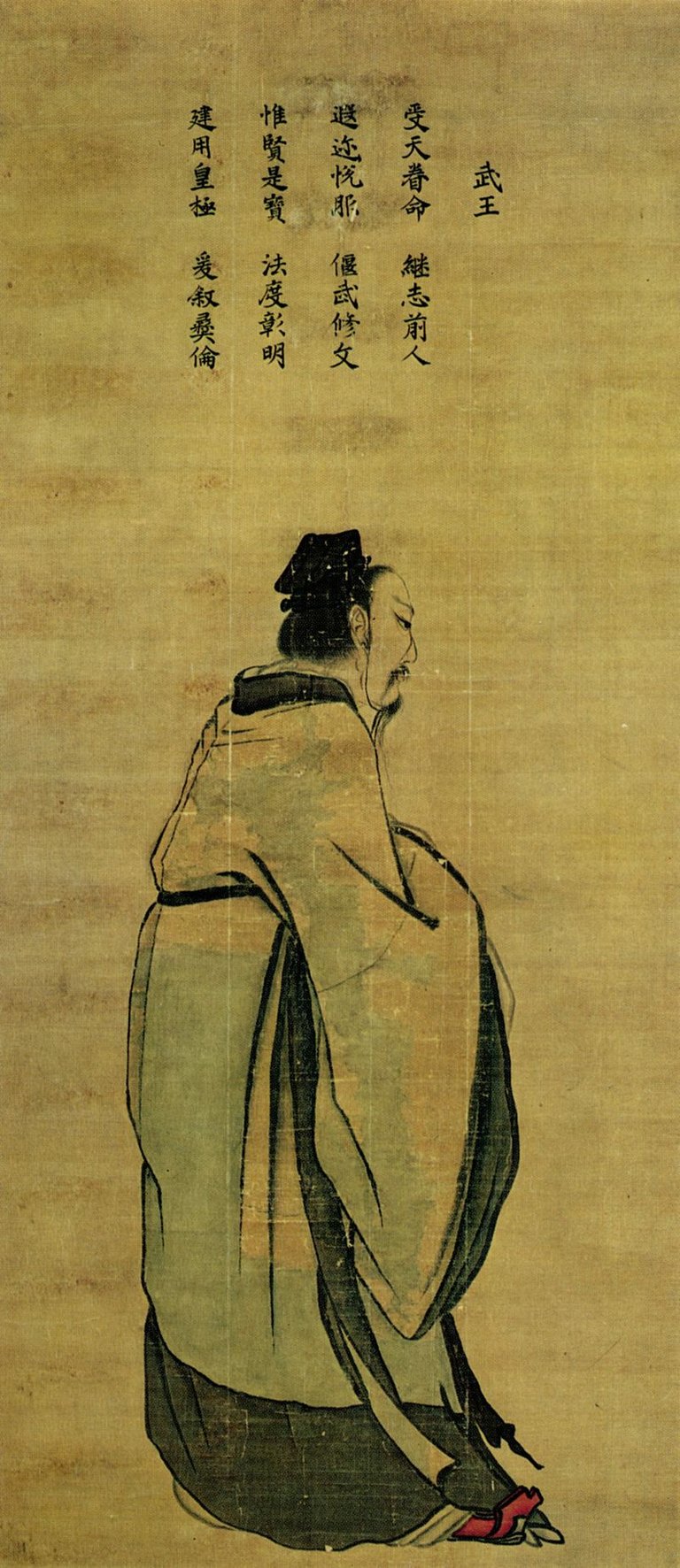 Son of Heaven was a title of the King Wu of Zhou and subsequent Chinese sovereigns.
Son of Heaven was a title of the King Wu of Zhou and subsequent Chinese sovereigns.
Son of Heaven, or Tianzi (Chinese: 天子; pinyin: Tiānzǐ), was the sacred monarchical title of the Chinese sovereign. It originated with the Zhou dynasty and was founded on the political and spiritual doctrine of the Mandate of Heaven. Since the Qin dynasty, the secular imperial title of the Son of Heaven was "Huangdi".
The title, "Son of Heaven", was subsequently adopted by other Sinospheric monarchs to justify their rule.
The Son of Heaven was the supreme universal monarch, who ruled tianxia (means "all under heaven"). His status is rendered in English as "ruler of the whole world."[1] The title, "Son of Heaven", was interpreted literally only in China and Japan, whose monarchs were referred to as demigods, deities, or "living gods", chosen by the gods and goddesses of heaven.[2]
Taoism became the religious origin for which over 2500 years the Chinese and Japanese overlords took the name Son of Heaven, or Tianzi (Chinese: 天子; pinyin: Tiānzǐ).
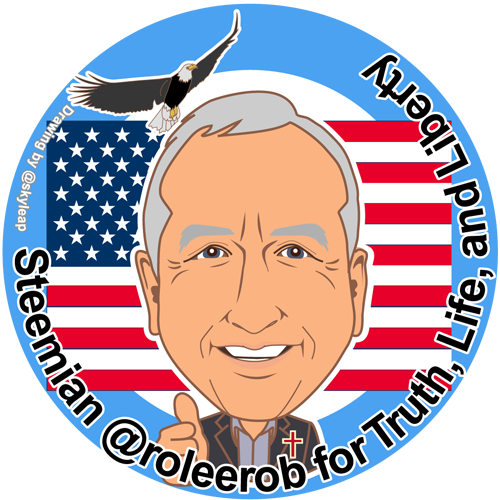
I wonder what my esteemed senior @roleerob might have thoughts and feelings about Taoism!😄

I wonder if dear my brother @joeyarnoldvn has ever experienced Taoism in Vietnam.
Does he know that most Vietnamese are Taoist?😄
It was a pity that I would be able to write more English sentences if I reached @joeyarnoldvn's English level.😜
I found a little comfort in telling my friends that Taoism had dominated the illiterate people of China for 2500 years.😃
So, even to this day, the overlords of East Asia, including China, try to dominate the East Asians by bribing Taoism!
However, it was very difficult for the Chinese overlords to completely dominate Taoism, the religion of the common people, in many cases, causing religious rebellion and revolution among the common people.
So, the overlords of East Asia have always maintained a double policy of convincing or oppressing religions in order to become rulers of reality and the afterlife.
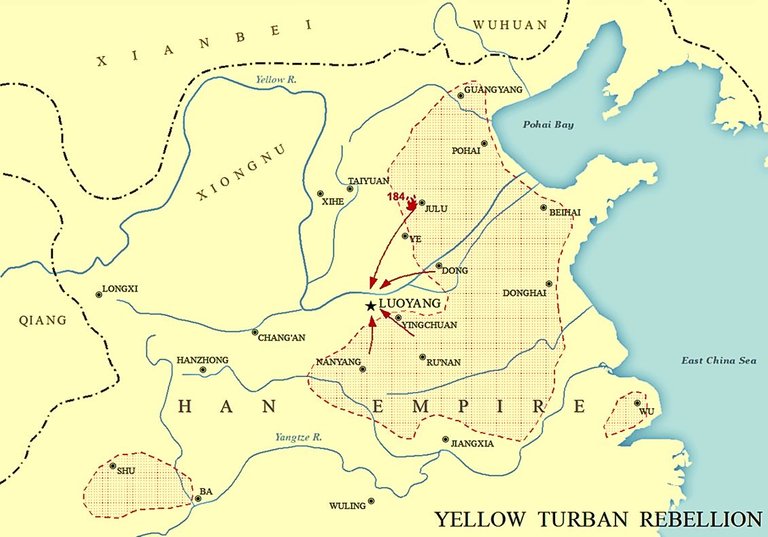 Map showing the extent of the Yellow Turban Rebellion in China in 184 AD
Map showing the extent of the Yellow Turban Rebellion in China in 184 AD
The Yellow Turban Rebellion, also translated as the Yellow Scarves Rebellion, was a peasant revolt in China against the Eastern Han dynasty. The uprising broke out in 184 AD during the reign of Emperor Ling. Although the main rebellion was suppressed by 185 AD, pockets of resistance continued and smaller rebellions emerged in later years. It took 21 years until the uprising was fully suppressed in 205 AD.[1] The rebellion, which got its name from the colour of the cloths that the rebels wore on their heads, marked an important point in the history of Taoism due to the rebels' association with secret Taoist societies.[4] The revolt was also used as the opening event in the 14th-century historical novel Romance of the Three Kingdoms.
A major cause of the rebellion was an agrarian crisis in the north of China. Famine, along with smaller floods along the lower course of the Yellow River, forced many farmers and former military settlers to seek employment in the south, where large landowners took advantage of the labour surplus and amassed large fortunes.[citation needed] The peasants also suffered from high taxation, imposed to fund the construction of fortifications along the Silk Road and garrisons against foreign infiltration and invasion. The strain led to landowners, landless peasants and unemployed veterans forming armed bands (around 170[citation needed]) and eventually private armies.
At the same time, the Han central government was weakening internally. The power of the landowners had become a long-standing problem, but in the run-up to the rebellion, the court eunuchs in particular gained considerably in influence over the emperor, which they abused to enrich themselves. Ten of the most powerful eunuchs formed a group known as the Ten Attendants, and Emperor Ling referred to one of them (Zhang Rang) as his "foster father". The government was widely regarded as corrupt and incapable and the famines and floods were seen as an indication that a decadent emperor had lost his Mandate of Heaven.
Political discontent, as well as droughts and plagues, fuelled public resentment against the Han government. The Taoist sect of Zhang Jue took advantage of public sentiment to further their plans for a new beginning. Zhang Jue sent disciples out to gain support and organize followers throughout north China in preparation for a revolt. The rebels even had allies in the imperial court, and most government officials were either ignorant of their intentions or intimidated by their power.[5] Zhang Jue intended to launch an uprising throughout the Han Empire, but the plan was betrayed before he was ready. Rebel sympathizers in Luoyang were arrested and executed, and the revolt in the provinces had to begin ahead of time, in the second month of 184. Despite the inevitable lack of co-ordination and overall preparation, tens of thousands of men rose in rebellion. Government offices were plundered and destroyed and the imperial armies were immediately forced on the defensive.[5]
Since time immemorial, mainland China has been short of food and resources relative to its population, so rebellions and wars have always occurred incessantly.
Since the vast majority of Chinese were peasants, when food shortages occurred due to the exploitation and famine of the overlords, they revolted against the overlords based on the religious revolution ideology based on Taoism.
Book Review: "Three Kingdoms," by Luo Guanzhong
In mainland China, wars broke out periodically every 40 years to solve food and resource shortages.
So, China's overlords have always solved the problem of food and resource scarcity by reducing the population through wars.
 "Great Leap Forward" in Simplified (top) and Traditional (bottom) Chinese characters
"Great Leap Forward" in Simplified (top) and Traditional (bottom) Chinese characters
The Great Leap Forward (Second Five Year Plan) of the People's Republic of China (PRC) was an economic and social campaign led by the Chinese Communist Party (CCP) from 1958 to 1962. CCP Chairman Mao Zedong launched the campaign to reconstruct the country from an agrarian economy into a communist society through the formation of people's communes. Mao decreed that efforts to multiply grain yields and bring industry to the countryside should be increased. Local officials were fearful of Anti-Rightist Campaigns and they competed to fulfill or over-fulfill quotas which were based on Mao's exaggerated claims, collecting non-existent "surpluses" and leaving farmers to starve to death. Higher officials did not dare to report the economic disaster which was being caused by these policies, and national officials, blaming bad weather for the decline in food output, took little or no action. Millions of people died in China during the Great Leap, with estimates ranging from 15 to 55 million, making the Great Chinese Famine the largest or second-largest[1] famine in human history.[2][3][4][5][6][7][8]
The major changes which occurred in the lives of rural Chinese people included the incremental introduction of mandatory agricultural collectivization. Private farming was prohibited, and those people who engaged in it were persecuted and labeled counter-revolutionaries. Restrictions on rural people were enforced with public struggle sessions and social pressure, and forced labor was also exacted from people.[9] Rural industrialization, while officially a priority of the campaign, saw "its development ... aborted by the mistakes of the Great Leap Forward".[10] The Great Leap was one of two periods between 1953 and 1976 in which China's economy shrank.[11] Economist Dwight Perkins argues that "enormous amounts of investment only produced modest increases in production or none at all. ... In short, the Great Leap was a very expensive disaster".[12]
In 1959, Mao Zedong ceded day-to-day leadership to pragmatic moderates like Chinese President Liu Shaoqi and Vice Premier Deng Xiaoping, and the CCP studied the damage which was done at conferences which it held in 1960 and 1962, especially at the "Seven Thousand Cadres Conference". Mao did not retreat from his policies; instead, he blamed problems on bad implementation and "rightists" who opposed him. He initiated the Socialist Education Movement in 1963 and the Cultural Revolution in 1966 in order to remove opposition and re-consolidate his power. In addition, dozens of dams constructed in Zhumadian, Henan during the Great Leap Forward collapsed in 1975 (under the influence of Typhoon Nina) and resulted in the 1975 Banqiao Dam failure, with a death toll which ranged from tens of thousands to 240,000.[13][14]
As I study 3500 years of Chinese history, I am convinced that again there will be a plot of overlords to cut the population of mainland China.
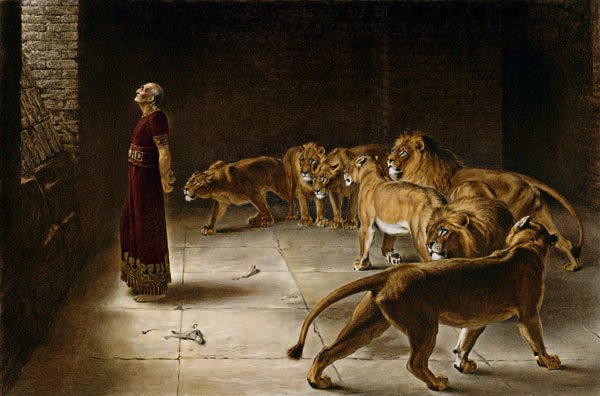
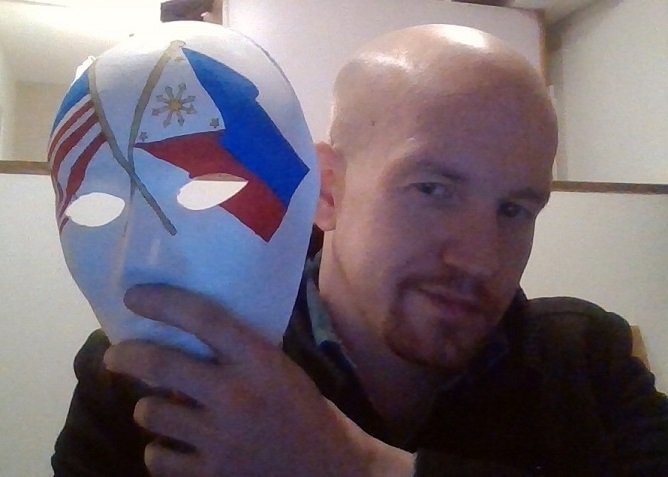
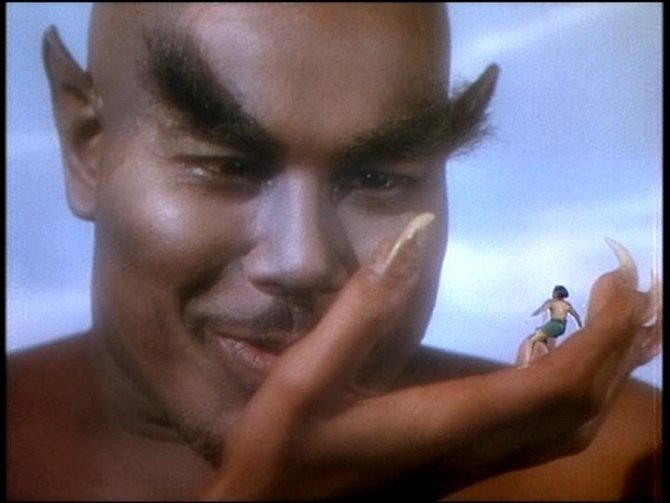

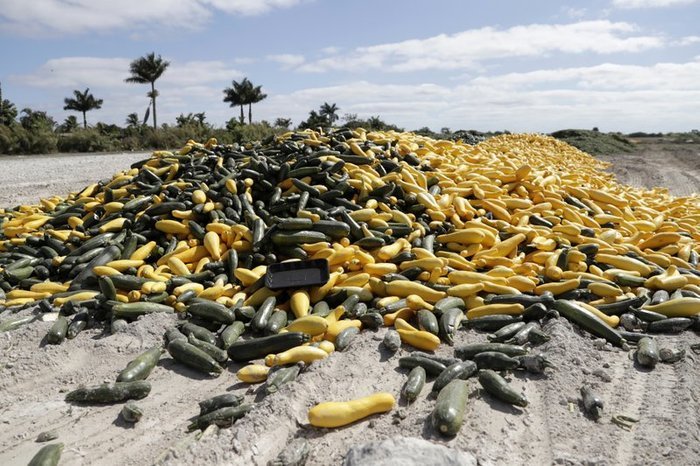
When time permits, I always enjoy your East Asian views of history, my friend. As to what I think about Taoism?
You know, without apology, I am a disciple of Christ, with a Judeo-Christian worldview. I have only a passing interest in the various alternative philosophies, as I believe they are ultimately false. At one time in my early adult life, desperately trying to reconcile all of the competing philosophies I encountered, e.g. a very dedicated member of the Brahman caste in India, I believed that God judged man by his "successfully" living his life by what he believed to be the Truth.
I came to a dramatically different conclusion in 1984 and have never waivered since - there is one true God, who has provided one and only one solution to man's most fundamental challenge and problem.
From your post, Taoism appears to be a "mishmash" of man's efforts to come up with any other possible alternative. Man's rebellion against the Truth is ancient and Taoism is no exception. Added to that the notion that China is the "center of the universe" is just (fill in the blank) ... 😏😉
What I would find interesting, if it has ever been attempted, is to research the true history of China, from the time of the Flood to the time frame you cover in your post. That is, one of his sons left the Ark and his father's influence and became the ancestral forebearer of all you have written here.
My far greater interest is closer to home and the relentless destruction of what I believe is our American heritage, by forces which are ultimately atheistic and communistic. Sadly, they have made great progress. Likely with considerable funding and support, from China ...
Until next time, all the best to you @goldgrifin007!
P.S. I do not agree with ValuedCustomers presentation of the history of America which you cite at the beginning of your post.
That's a cold calculation to make, but... Well, as I look at what I saw in my years in Beijing, and what I'm seeing now, I'm forced to admit you are most likely right.
Dear @patriamreminisci, Thank you for answer!
I wish you good luck in Romania!
You are too kind to me.
I believe all the text you quoted and ascribed to me is writing I myself quoted, and did not myself write.
Your erudition and scholarly research shine in this post, as they do from all your posts.
Thanks!
Just wanted to say this article nails it. It being the entire worlds problem.
https://unlimitedhangout.com/2022/06/investigative-reports/the-revenge-of-the-malthusians-and-the-science-of-limits/
I have long been aware of the noxious influence of Malthusians, and have, after long contemplation of their purpose, ilk, and means, realized they will defeat themselves, while the blessings of serendipitous providence have so arranged the mechanisms of the physical universe to deliver to free and independent people means of prospering and assuring their liberty during such crises as arise, engineered or spontaneous.
Across every field of industry today the leading edge of technological advance has increasingly decentralized the means of production of the blessings of civilization, and today ever more power to create prosperity is delivered into the hands of individual households and small communities. For the vast majority of human existence, the lack of means of production other than human hands caused the only source of wealth to be such households and communities, and not until the advent of agriculture did centralization and parasitization of collective industry become possible, enabling the rise of psychopaths using duplicity and gangs of armed thugs to subjugate society and concentrate wealth and power in oligarchies.
Today the laws of physics mandate an end to that centralization that has enabled humans to be domesticated and farmed by evil men incapable of love, honor, or good society, and that increase in productivity delivered to people using the most advanced technology will no longer inure to parasites, useless eaters that have long consumed the majority of increasing productivity, and have never been so wealthy and powerful as they are today, but will hereafter increasingly remain the possession of the productive industrious people that create the blessings of civilization they and their communities enjoy.
As we face the wondrous prospect of the ancient prophecies of wizened seers delivering to humanity not only ever more beneficial means of blessing our people, but of possessing the very stars of the heavens and enjoying unimaginable prosperity in the good company of our fellows as we bring that infinite barren waste to abundant life, the wealth and power that has been sucked out of our hard works by psychopathic parasites and thoughtless thugs will we ourselves keep on our accounts, and the worthless will have their due - nothing but what they themselves produce.
God is good.
Thanks!
I was somewhat shocked to see these words in plain sight in 1946 Sir Julian Huxley
and this from Malthus coldly stated the following in his 1799 Essay on Population:
It looks to the the Malthusians have decided to give us all three at once.
I agree but what is Gods name?
Dunno. I Reckon were I called upon in someone's moment of need, I wouldn't care much what they called me.